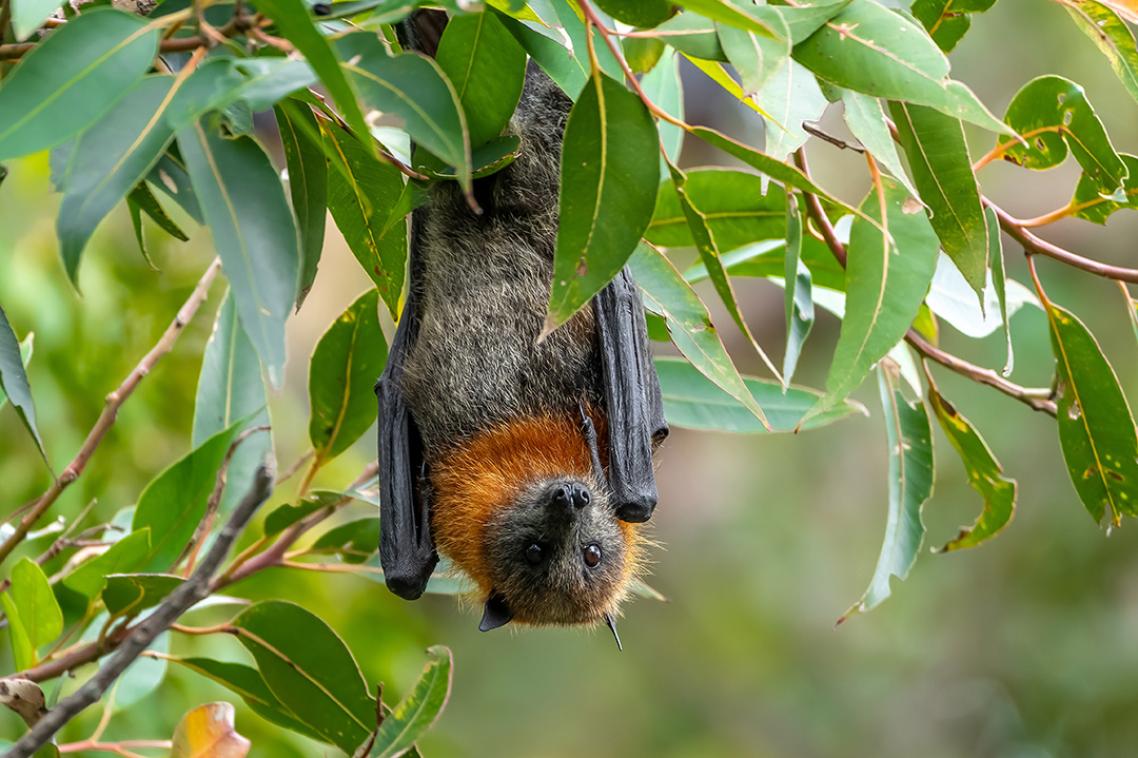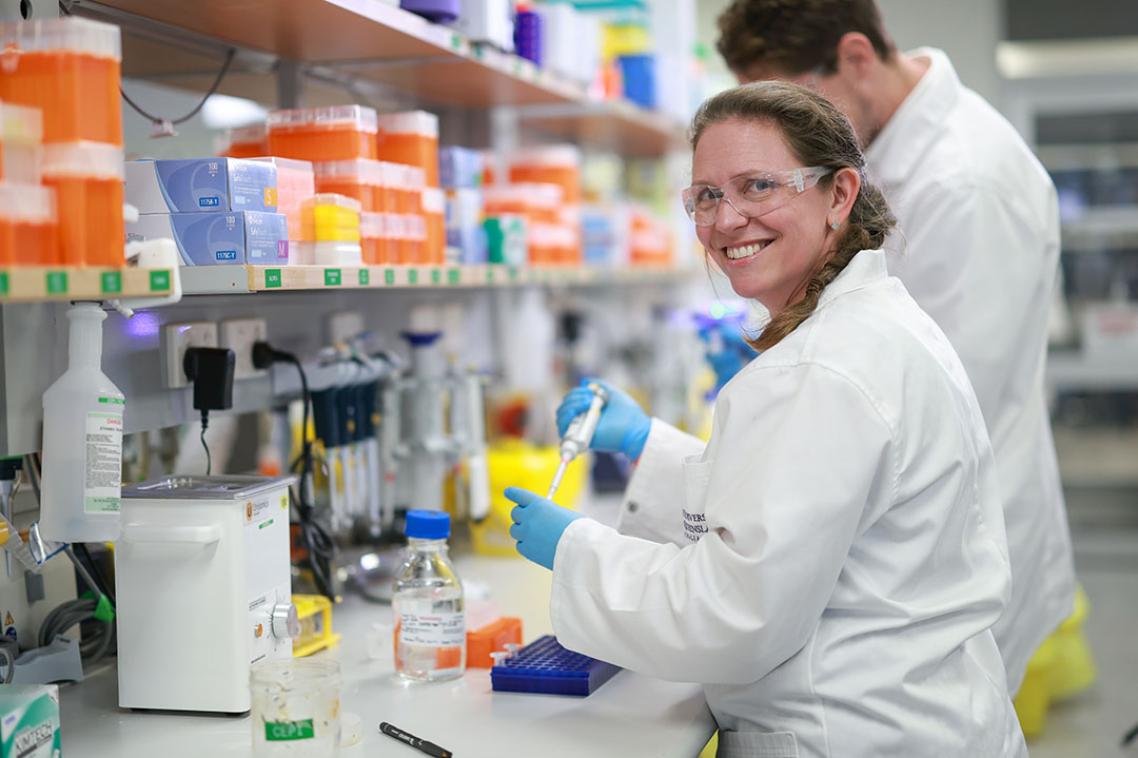Research reveals importance of breast milk gene for toddler gut bacteria

University of Queensland researchers have found that a genetic variation affecting the composition of a mother’s breast milk could have a lasting impact on the gut health of her child.
UQ Child Health Research Centre’s Paula Smith-Brown said children aged two to three had lower levels of ‘good’ intestinal bacteria if their mother’s secretor gene was inactive.
“The gene plays an important role in the production of human milk oligosaccharides, or HMOs” Ms Smith-Brown said.
“HMOs can’t be digested by infants but are the third largest component of breast milk – they are only there to feed the child’s developing gut bacteria.
“If a woman’s secretor gene is switched off she is considered a non-secretor, which means she can’t produce certain important HMOs.
“Our study has shown that if a mother’s secretor gene is turned off, there is a lasting impact on Bifidobacteria levels in her child’s microbiota, extending well after breast-feeding has ended.”
Ms Smith-Brown, an Accredited Practising Dietician, said it was now accepted that gut microbiota was important to health, but researchers were still discovering what factors made it robust and which made it less healthy.
“We know the microbiota is established in the first few years of life, and once it is established it is relatively resilient,” she said.
“If we can get it right at the start we can help someone on the way to having long-term health benefits.”
The study at the Children’s Nutrition Research Centre looked at Bifidobacteria in children who had been exclusively breastfed for at least four months.
Ms Smith-Brown said further research was needed but it might eventually be feasible for non-secretors to take a supplement during breast-feeding.
“It is relatively easy to test if someone has a secretor gene that is turned on or off, and it could become part of routine care in pregnancy.
“This could make a significant difference as about 20 per cent of the population are non-secretors.”
Ms Smith-Brown said that even for non-secretors, breast-feeding was considered the optimal source of nutrition in early life.
“Babies who are formula-fed won’t get these special HMOs and they are also not getting lots of other beneficial components in breast milk.”
The research is published in Plos One.
Media: Paula Smith-Brown, p.brown1@uq.edu.au, 0424 669 161; Kim Lyell, UQ Faculty of Medicine, k.lyell@uq.edu.au, +61 7 33465214, 0427 530647.
Topics
Related articles

Everything you need to know about Australian bat lyssavirus

Billion-dollar deal takes UQ vaccine tech to the world
Media contact
UQ Communications
communications@uq.edu.au
+61 429 056 139
